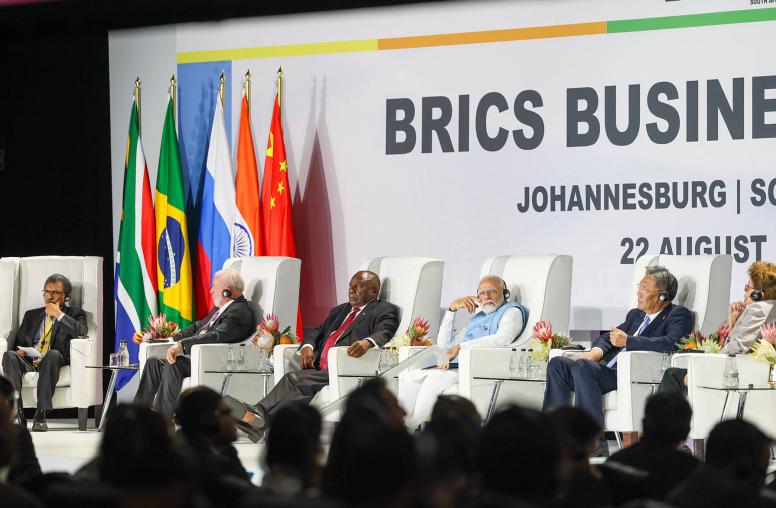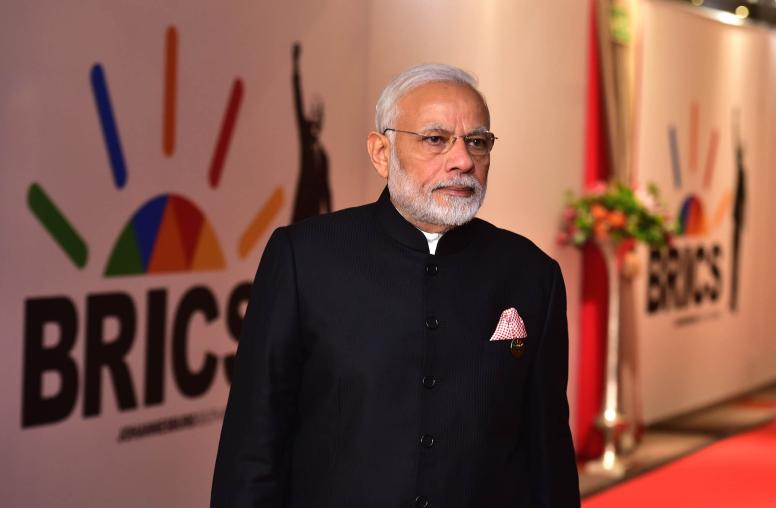Mandela Legacy Extends Beyond Deeds
The legacy of a man is as much in the people he inspires as what he does.

On June 16, 1976, I was in Soweto as the first mass uprising erupted against apartheid. It was ignited by black school children who poured out of classrooms and onto Soweto’s streets to protest a government edict changing the language of education—in all subjects and virtually overnight—to the white settlers’ Afrikaans.
Nelson Mandela had been in prison for 14 years by then. But these little kids in their jumpers and jerseys—many still in grade school—were brave beyond description as riot police chased them down with live ammunition. Mandela’s message was always to confront injustice, to stand for your rights.
And by then these kids had a sense of their rights, with Mandela as their model for defiance. This unlikely flashpoint triggered the wider anti-apartheid uprising that eventually led to Mandela’s release in 1990 and the end of white rule.
The first child to die on that first day was Hector Pieterson. He was 12. He was shot by apartheid’s police. His sister Antoinette ran screaming at his side as another student carried Hector to Soweto’s only clinic. A photo of him ran on the front pages of newspapers around the world—and ended up on a wall at the U.N.
I later became friends with Antoinette. Her son is named Hector, her daughter is Nhlanhla Robin, my godchild.
I went back to South Africa to watch Mandela walk to freedom—the other bookend of the struggle—and was lucky enough to talk to him a few times in the 1990s. Few contemporary leaders have inspired as many people in as many places as the beloved “Madiba”— for what he did to end an odious ideology but even more for his courage in healing deep hatreds afterwards.
What an extraordinary life to celebrate. What a legacy!
Robin Wright is a journalist and a distinguished scholar at USIP. She covered the anti-apartheid movement in South Africa for seven years for The Washington Post and CBS News.



